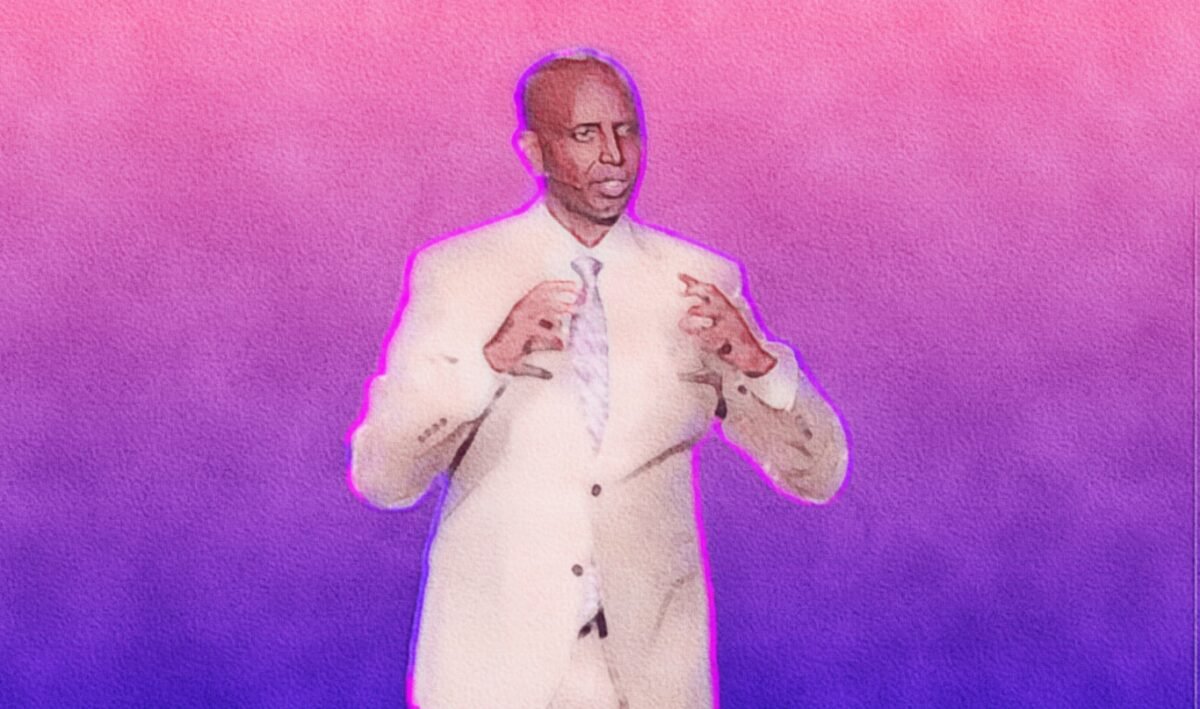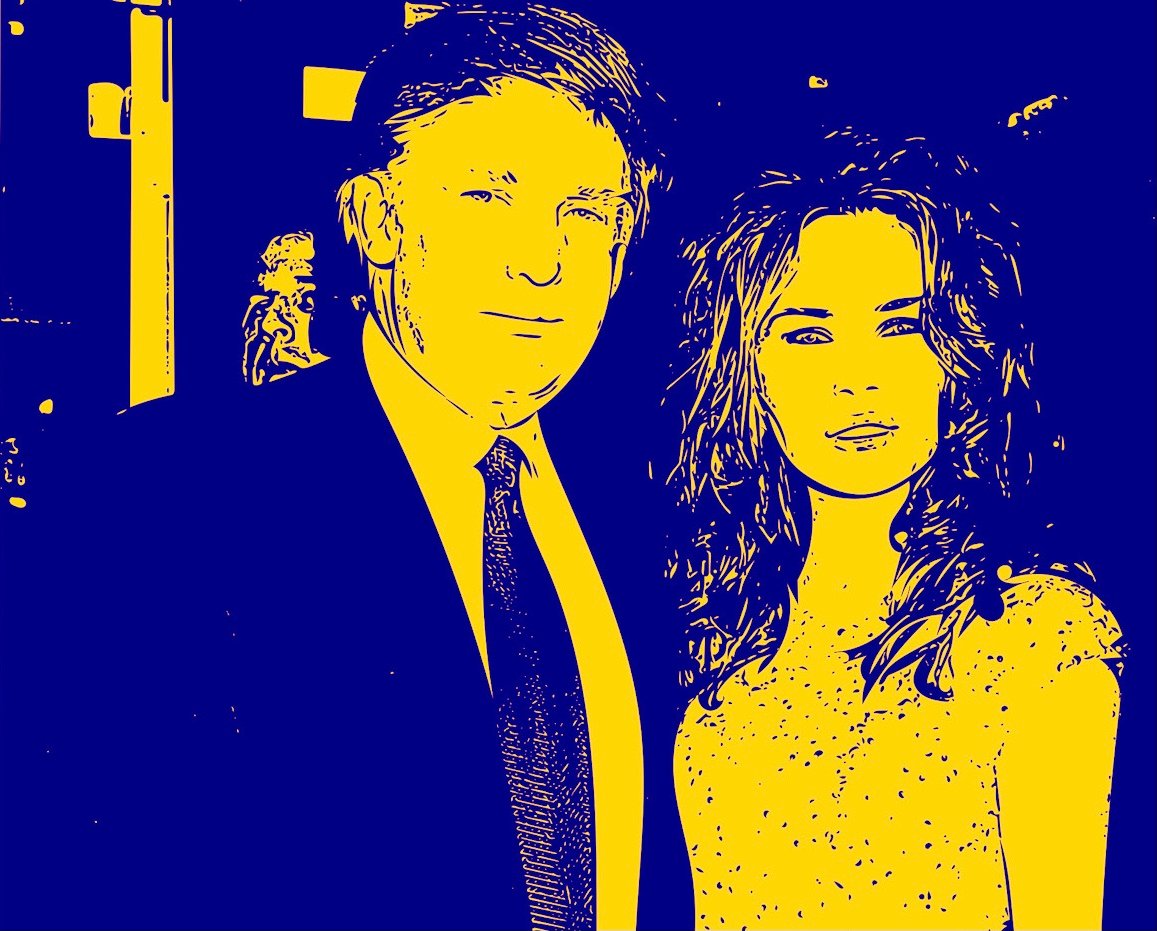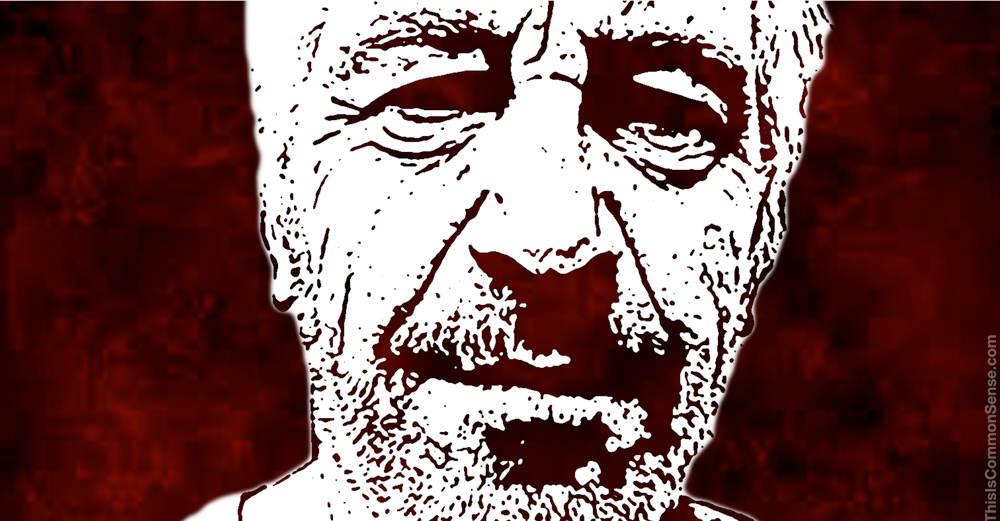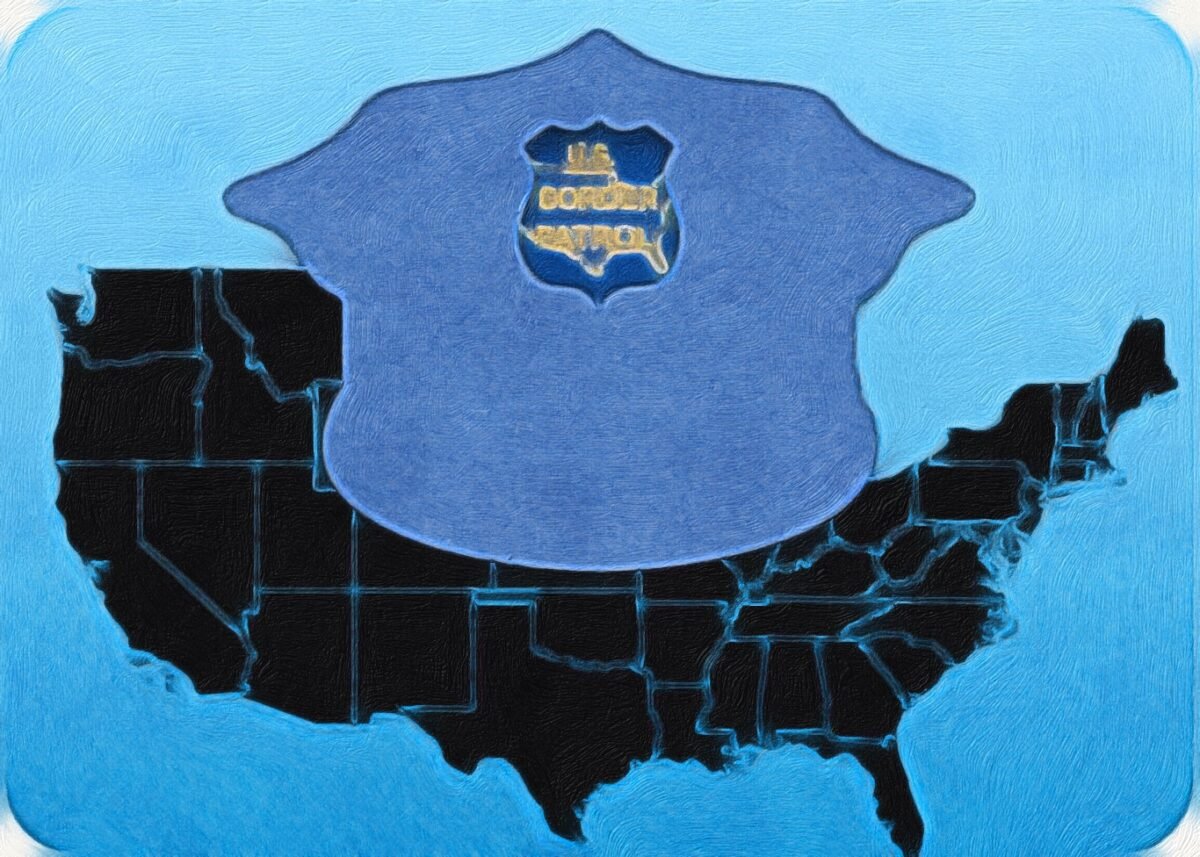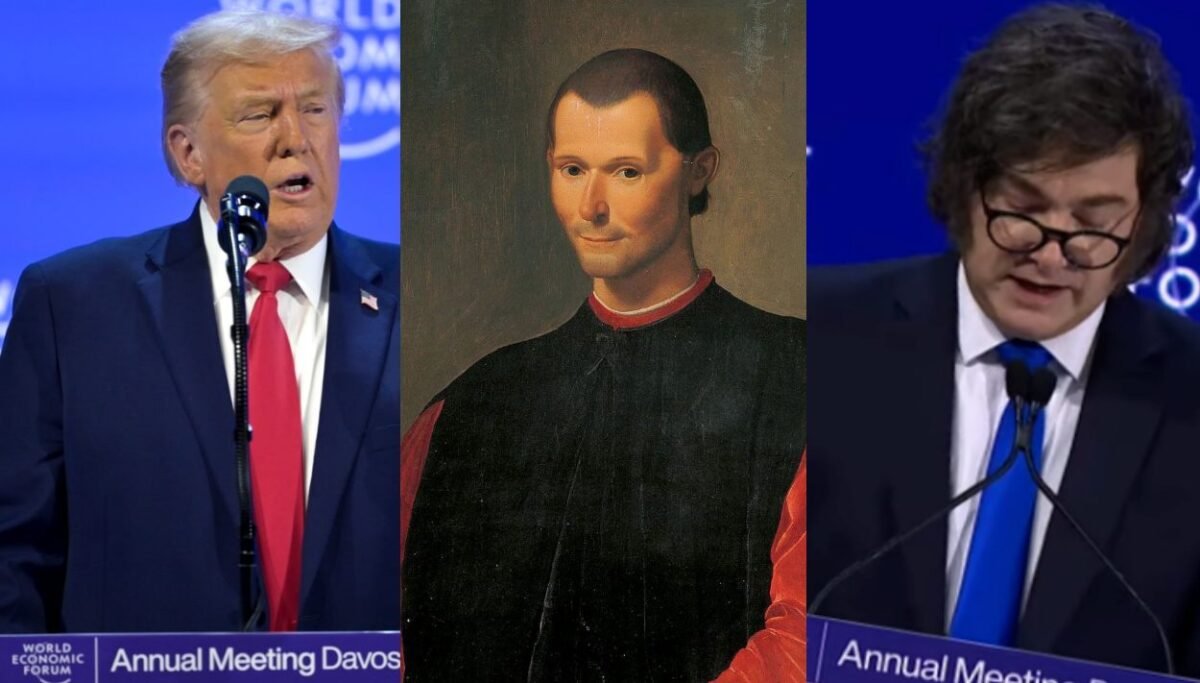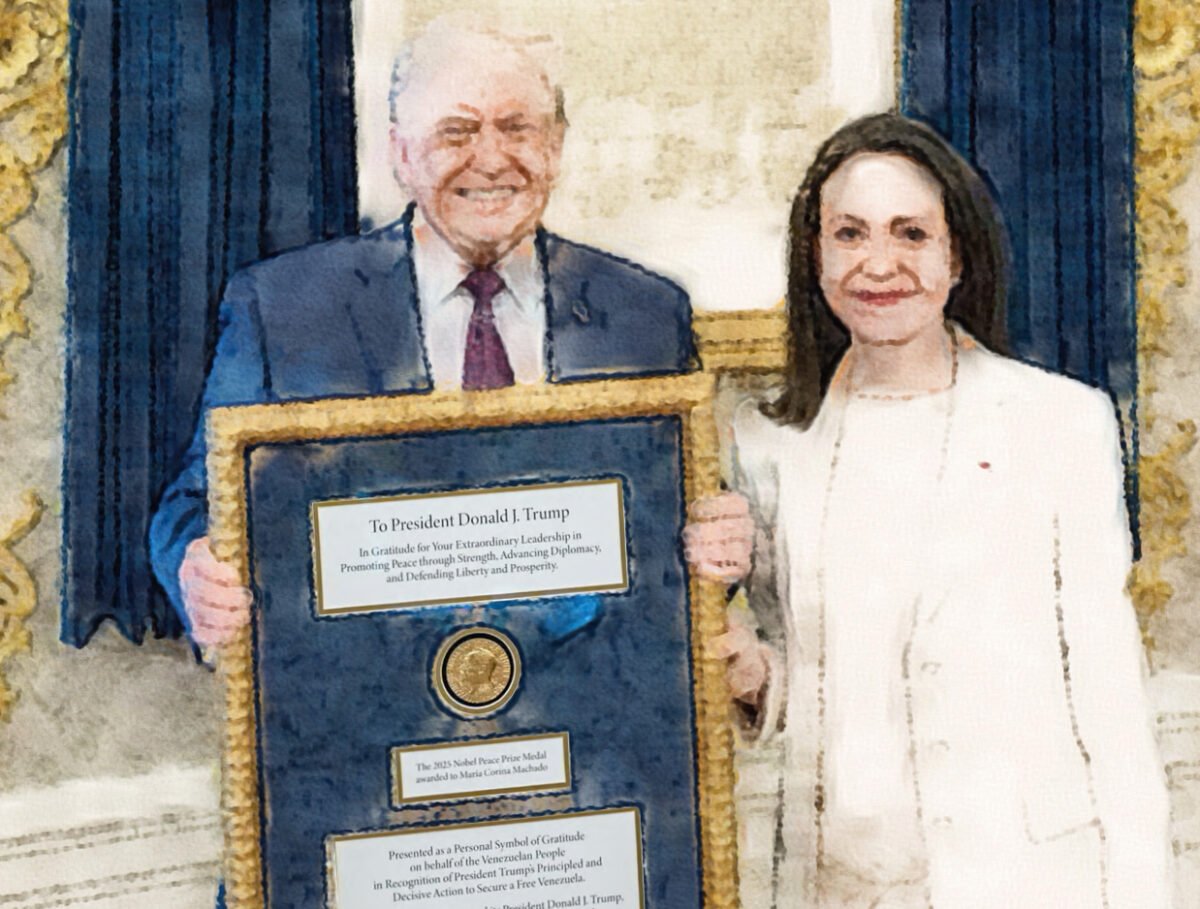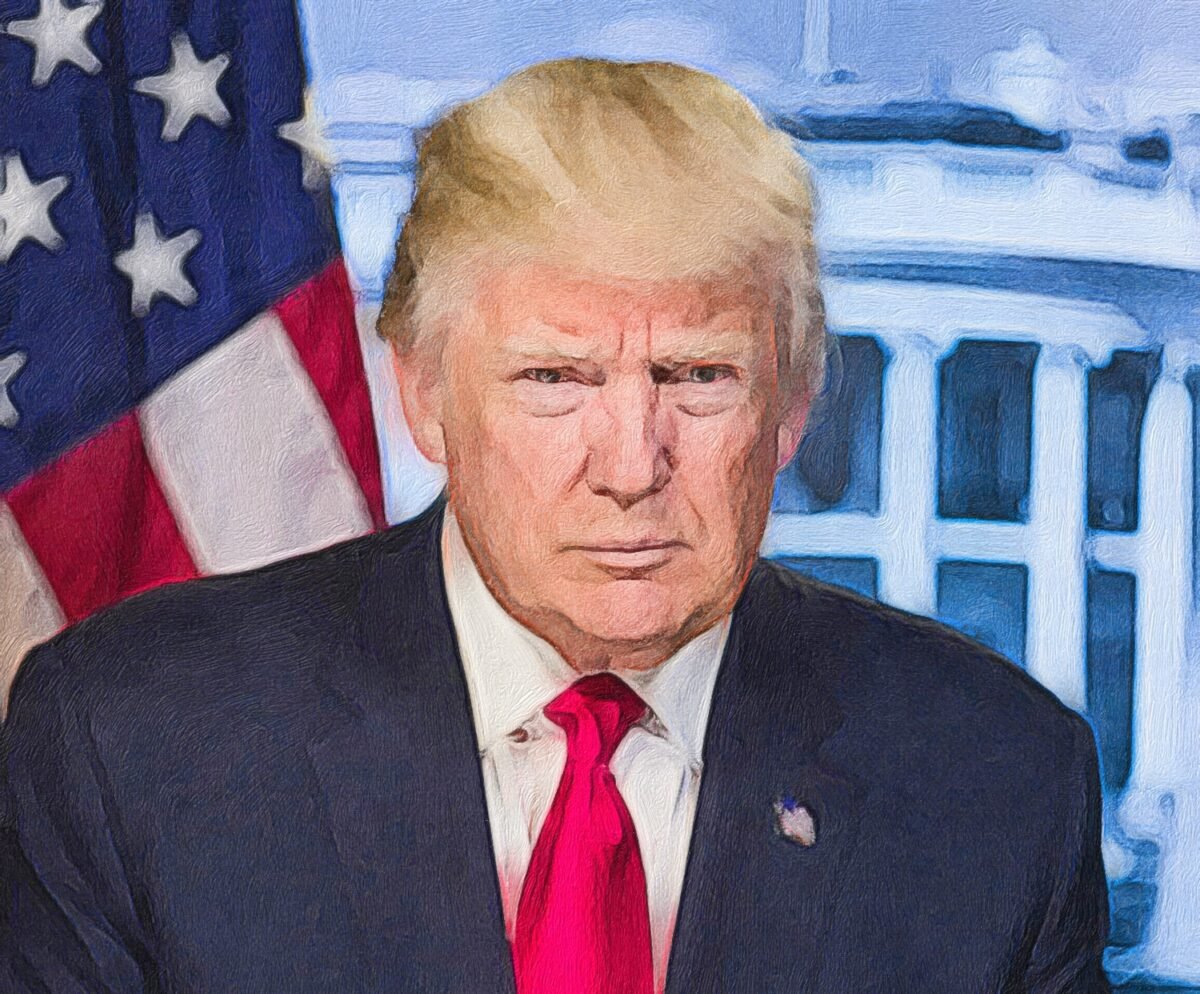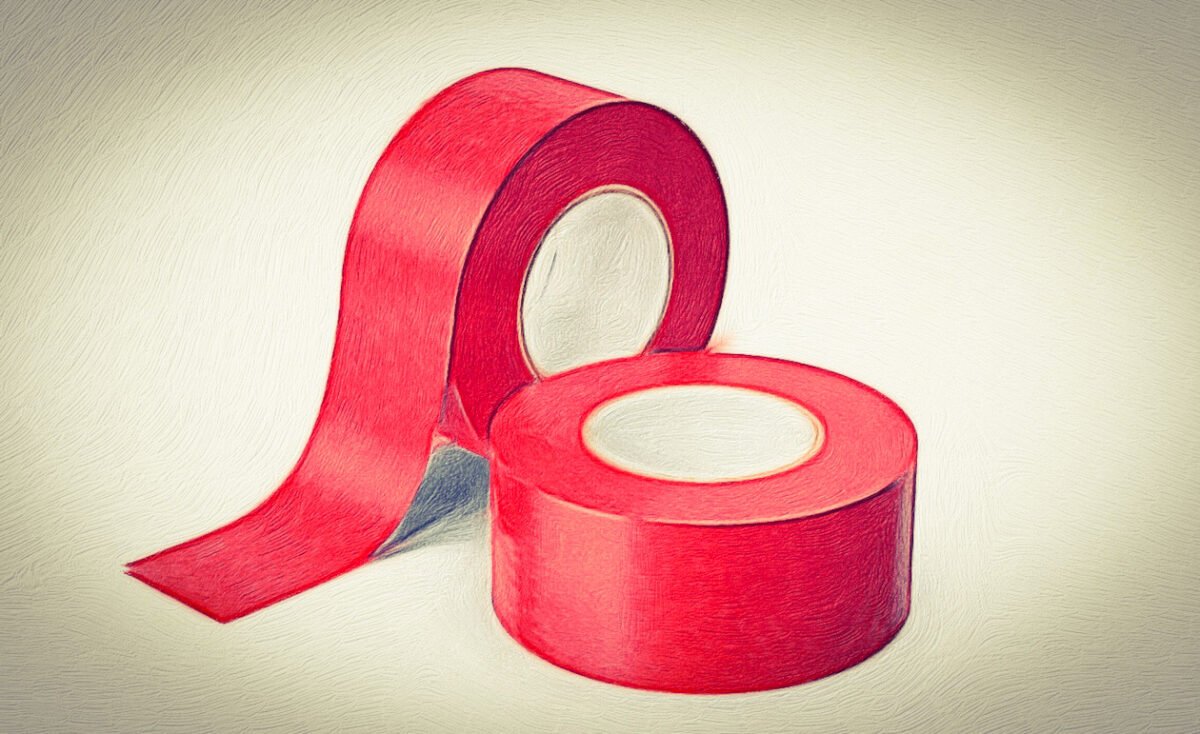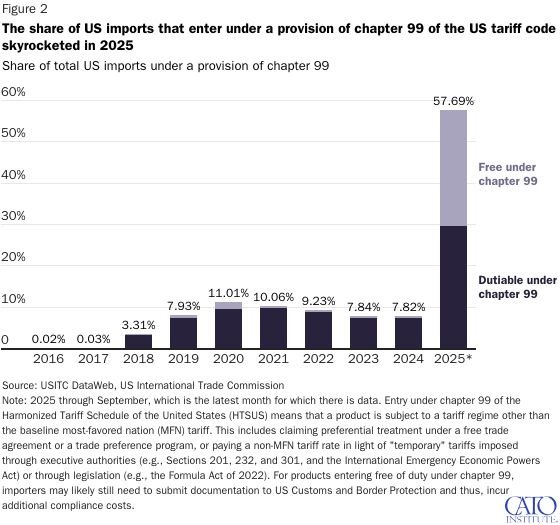Defrauding the welfare state is not just a Minnesota practice. A developing story about a vaporous business near Portland, Oregon, linked to Medicaid fraud, kidnapping and torture, Venezuelan gang activity, and a pastor serving East Africans in America:
Oregon Roundup Foundation reported last summer OHA paid Uplifting Journey $2.3 million in drug and alcohol treatment Medicaid reimbursements for reported dates of service from April 15, 2024 to March 14, 2025. In January of this year, Washington prosecutors charged one man who allegedly lived in a Lake Oswego, Oregon house operated by Uplifting Journey with kidnapping, torturing and attempting to murder a Seattle area woman. Prosecutors allege another man living in the house participated in the crimes, but has not been apprehended.
Oregon Roundup Foundation reported last week Arizona pastor Theodore Mucuranyana, accused of laundering millions originating from a $60 million Arizona Medicaid fraud ring, co-signed for Uplifting Journey on a lease for a house to serve as a residential treatment facility in Gresham, Oregon in November 2024. Mucuranyana pastors the Hope of Life International Church, which caters to east African congregants in the Phoenix, Arizona area. The Arizona Attorney General alleges Mucuranyana funneled some of the fraudulent proceeds to an entity in Rwanda.
Jeff Eager, “Health Authority withheld plea for “scrutiny” of Uplifting Journey” (December 14, 2025).
The same reporter appears to be alone on the coverage (it’s hard to find anyone else). His last relevant post on his Substack site was in early February, basically informing us of the latest. The upshot? Little due diligence had been done by a government eager to give millions out in grants:
Oregon Health Authority chose to forego criminal background checks and site visits when it approved Uplifting Journey LLC to receive Medicaid reimbursements and subsequently paid the company at least $2.3 million, according to an agency spokesperson. One Uplifting Journey owner, Espoir Ntezeyombi, is a business associate of a man charged by Arizona’s Attorney General with orchestrating a $60 million Medicaid fraud scheme, an Oregon Roundup Foundation investigation found.…
Uplifting Journey told OHA it would provide services at an address on N Broadway in Portland. An August visit during business hours showed the office apparently closed, with a paper sign on the door and mattresses and full plastic trash bags in the space. Because OHA chose the lightest level of scrutiny for Uplifting Journey, OHA was not required to conduct a site visit of the Portland location.
Jeff Eager, “OHA: No Uplifting Journey Background Checks” (February 3, 2026).
The story has its lurid elements; nevertheless, those elements have yet to entice much press notice. That Pastor Theo Mucuranyana linkage — the headlines almost write themselves! It’s almost as if the old days of Yellow Journalism — where Story was All — have been replaced with the present days of propagandistic pfiffle … and nothing but the pfiffle. If the news doesn’t serve the State and its ever-metastasizing growth, then the news remains unstated.
